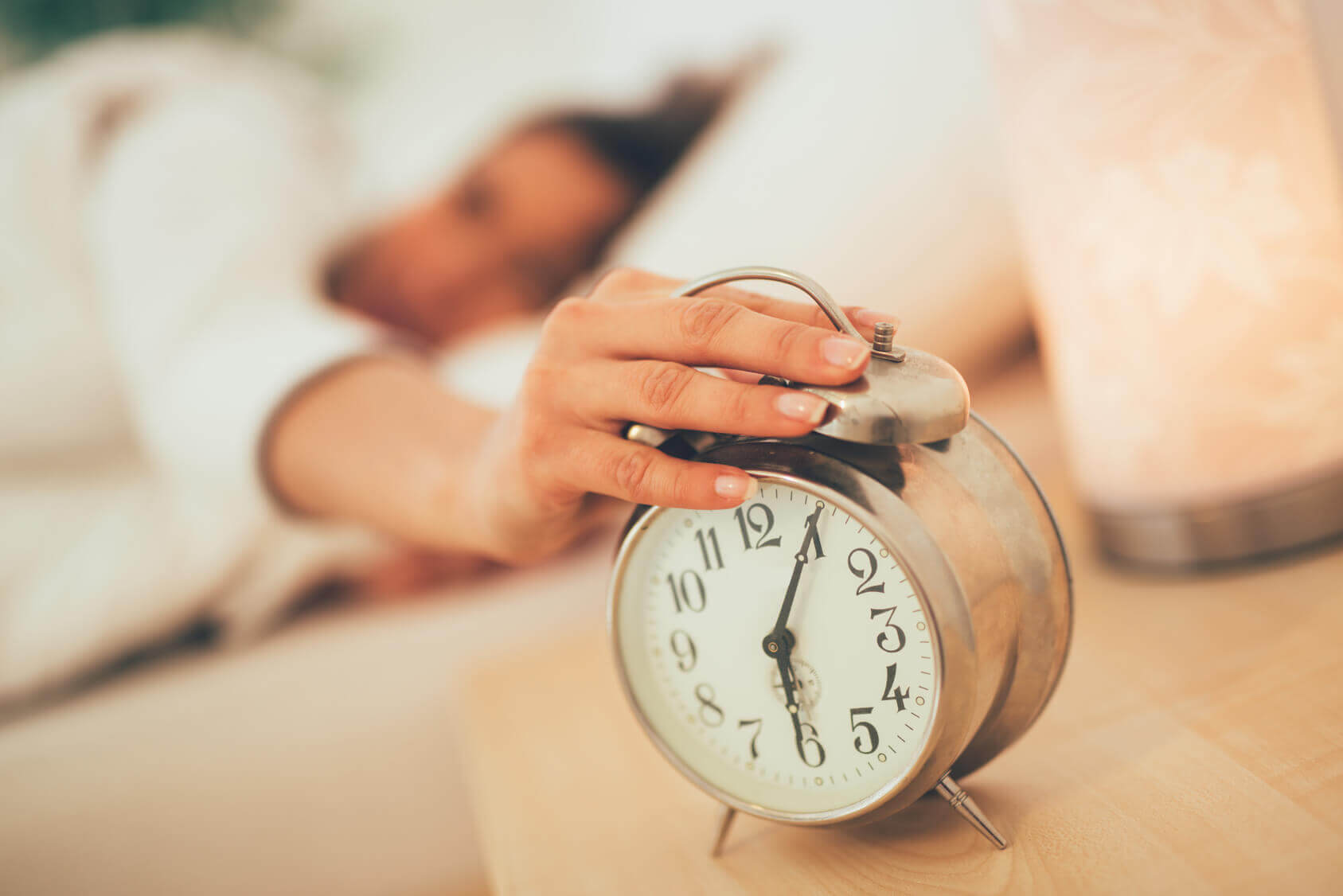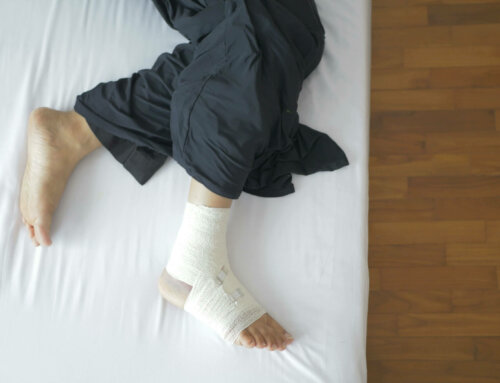People with diabetes may be more likely to experience sleep loss. Studies have also shown those who do not sleep well can face an increased risk of developing diabetes. Fortunately, there are certain sleep solutions to ensure you get enough shut-eye for good health.
Keep Your Blood Sugar under Control
When your blood sugars are high, it can disrupt your sleep. It may cause you to urinate more often, forcing you to get up during the night to use the bathroom. When your sleep is interrupted you may feel fatigued in the morning. It can be tempting to eat more when you feel tired, but this causes blood sugar to spike even more. This ongoing cycle of sleeplessness can lead to other health issues such as high blood pressure and heart disease. Research has also shown sleep deprivation can boost insulin resistance. The result can be high blood sugar levels, a lack of sleep, and a loss of energy. Try to avoid sugary foods that can cause your blood sugar to rise. Reach for a snack of protein and carbohydrate 30 minutes prior to sleep. Stay away from sweet snacks, caffeine and alcohol for at least 3 hours prior to going to bed. Low blood sugars can also cause interrupted sleep. You may wake up shaking, sweating and feeling weak. Remember to have a proper snack prior to bed to help prevent lows and keep glucose tablets by your bedside. Monitor your blood sugar levels throughout the day to help keep them in check.
Maintain a Healthy Weight
Studies have shown that heavier people get less sleep and a poorer quality of sleep. Being overweight can increase the risk of getting diabetes. Excess weight can also be a culprit for sleep apnea, a condition that is shown to be linked with diabetes. People with sleep apnea typically snore and have pauses in breathing while they sleep. This can prevent a person from getting a good night’s sleep and lead to heart problems. One simple sleep solution is losing just 10 percent of your overall body weight. If you suspect you have sleep apnea, consult with your doctor. A sleep study might be recommended. Devices can be used to open up blocked airways for a better night’s sleep, such as a CPAP machine. A nebulizer is another device that can help people breathe and sleep more peacefully especially when they are congested.
Sleep Solutions #1 – Prepare for Sleep
Sometimes people have trouble falling asleep. An easy sleep solution is having a series of simple rituals to help you reduce stress and relax. Your bedroom should be dark, quiet, and cool, with no electronics or other disruptions. Have a steady bedtime, even on weekends. Unwind before bed by taking a warm bath, meditating or listening to nature sounds or restful music. Gentle stretching can also be relaxing. Try having some warm, low-fat milk or a cup of herbal tea with no caffeine. Wear warm, breathable nightwear and socks if you tend to get chilly before bed. If sounds in the house or neighborhood wake you up, try white noise such as a fan to drown it out, or wear earplugs. Avoid exercising 2-3 hours before bed as it could stimulate you and prevent sleep. Doing exercise earlier in the day, such as biking, running, or walking can naturally enhance fatigue at the end of the day.
Consult with Your Physician about Possible Medical Issues
Talk to your doctor to find out if any of your medications cause sleeplessness. Check for vitamin deficiencies that could make it harder to get to sleep, such as vitamin B6, vitamin B12, iron, or magnesium. Inquire about other health conditions that can lead to sleeplessness, such as restless leg syndrome, GERD, or depression. Treating these conditions can help you get better quality sleep.
According to the National Sleep Foundation, the majority of adults require seven to eight hours of sleep every night. Finding sleep solutions to help you get the proper rest can end the vicious cycle of fatigue, blood sugar spikes or lows, snacking, and lack of exercise. Create a schedule to help you get the sleep you need for more energy and a better life!







Leave A Comment